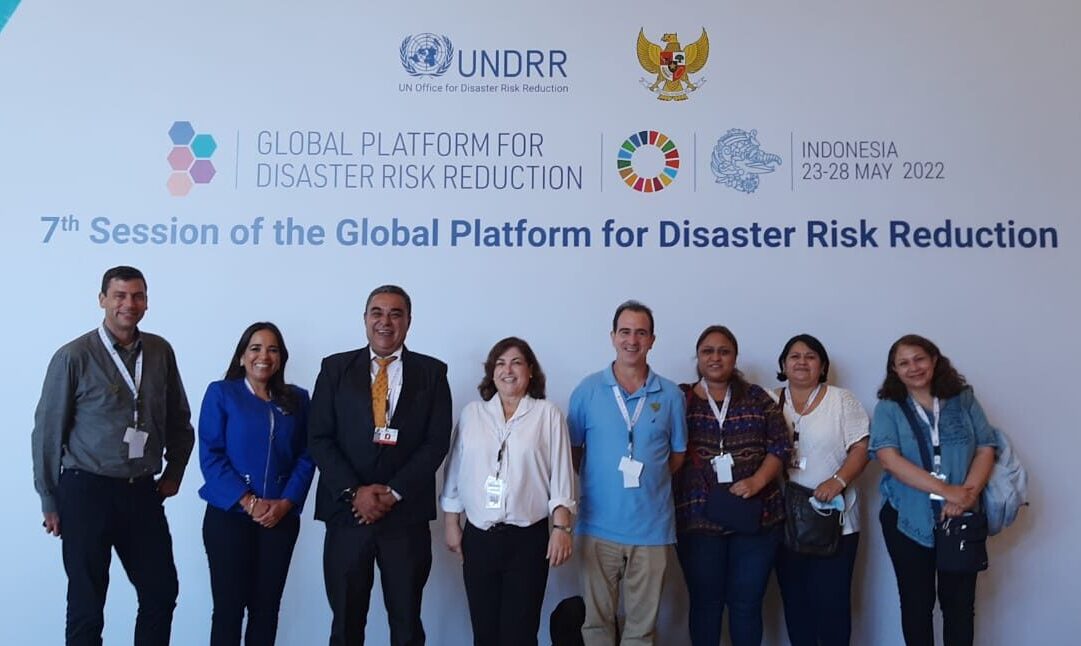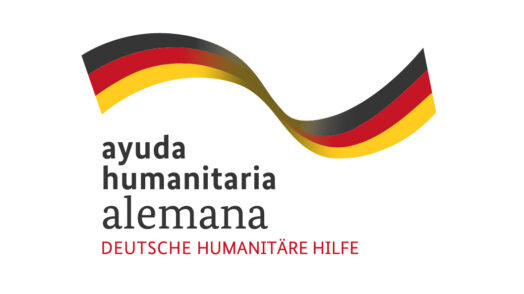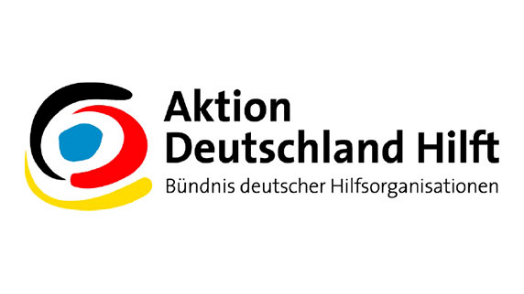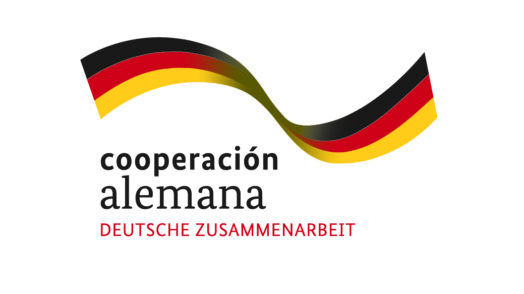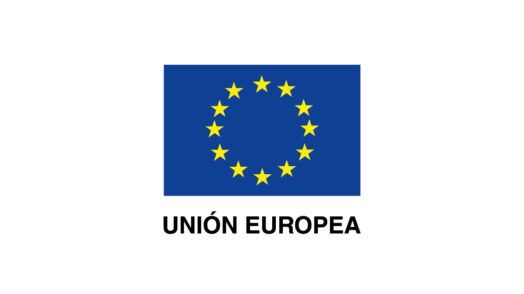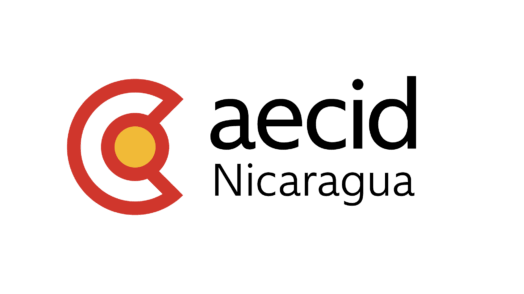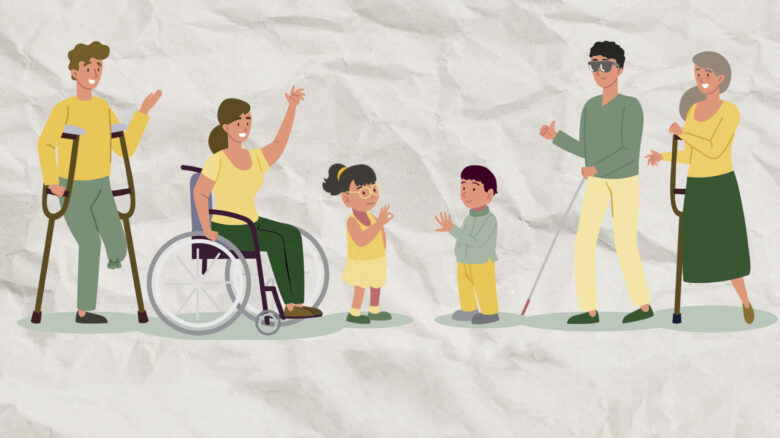
An ongoing effort: Strengthening inclusion in DRR
For ASB, the GPDRR provides an opportunity to engage in an exchange with international decision-makers in the field of disaster risk reduction and to present ASB's approaches, for example with regard to the identification and empowerment of particularly vulnerable population groups.
ASB will be represented by a large delegation and exhibition booth at the Global Platform for Disaster Risk Reduction (GPDRR) to be held in Bali from May 23-27, 2022. GPDRR is the world's leading conference on reducing disaster risk and building the resilience of communities and nations. Together with its partners, ASB will present innovative approaches in the field of inclusive disaster risk reduction at the conference.
 "For ASB, the GPDRR offers the opportunity to engage in an exchange with international decision-makers in the field of disaster risk reduction and to present ASB's approaches, for example with specific regard to the identification and empowerment of particularly vulnerable population groups," says Martin Kunstmann, ASB's Asia Officer for Foreign Aid. "Together with its network partners, ASB can advocate inclusive disaster risk reduction at the highest level and communicate good practices for the implementation of inclusive disaster risk reduction to decision-makers around the world," he continues. ASB's disaster risk reduction work focuses on people with disabilities and older adults.
"For ASB, the GPDRR offers the opportunity to engage in an exchange with international decision-makers in the field of disaster risk reduction and to present ASB's approaches, for example with specific regard to the identification and empowerment of particularly vulnerable population groups," says Martin Kunstmann, ASB's Asia Officer for Foreign Aid. "Together with its network partners, ASB can advocate inclusive disaster risk reduction at the highest level and communicate good practices for the implementation of inclusive disaster risk reduction to decision-makers around the world," he continues. ASB's disaster risk reduction work focuses on people with disabilities and older adults.
In 2021, a consortium consisting of Arbeiter-Samariter-Bund Deutschland e.V. (ASB), the Center for Disability in Development (CDD), Christoffel Blindenmission e. V. (CBM), the International Disability Alliance (IDA) and Malteser International (MI) commissioned a study on inclusive disaster risk reduction policies and practices in eight countries in Africa, Asia and South and Central America. The study describes progress, challenges and good practices in line with the Sendai Framework for Disaster Risk Reduction 2015-2030 and includes recommendations on how to make disaster risk reduction more disability-friendly.
The recommendations below are especially important for ASB:
- Disasters can affect anyone. However, some people, such as people with disabilities, are more vulnerable to disasters due to a number of barriers, such as social stigmatization and discrimination.
- The needs and perspectives of older adults, persons with disabilities and other vulnerable groups should be taken into account in all phases of disaster risk reduction, including the planning and implementation of interventions.
- Persons with disabilities can make an important contribution to the planning and implementation of disaster risk reduction programs.
- The participation of persons with disabilities and the consideration of their knowledge and perspectives are essential for the design and implementation of disaster risk reduction plans that benefit society as a whole.
- The availability of data disaggregated by, at least, age, sex and disability is essential for good decision making.
The risks of natural catastrophes, food crises or pandemics can be specifically reduced through special training of the population in particularly vulnerable countries. ASB is therefore active in countries such as Indonesia, Guatemala or Nicaragua, which are particularly affected by natural disasters. In these countries, ASB and its national offices train local decision-makers in a range of measures, such as the development of emergency evacuation plans and the implementation of earthquake-resistant buildings or the use of plants that are less susceptible to periods of drought.

